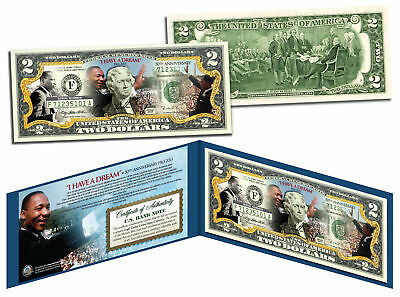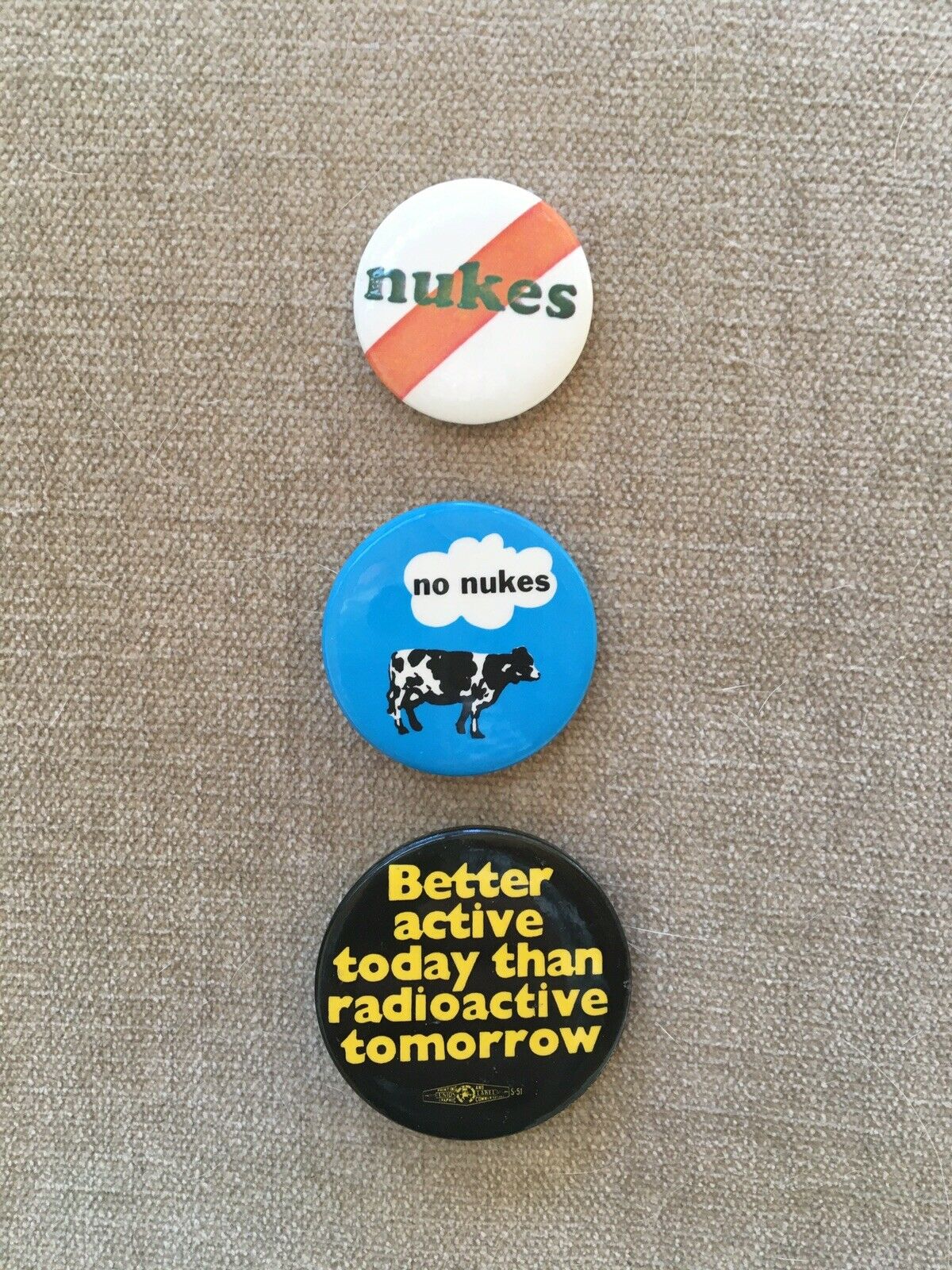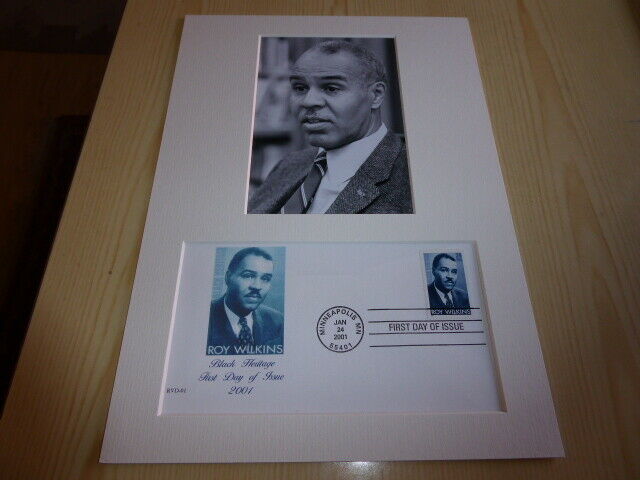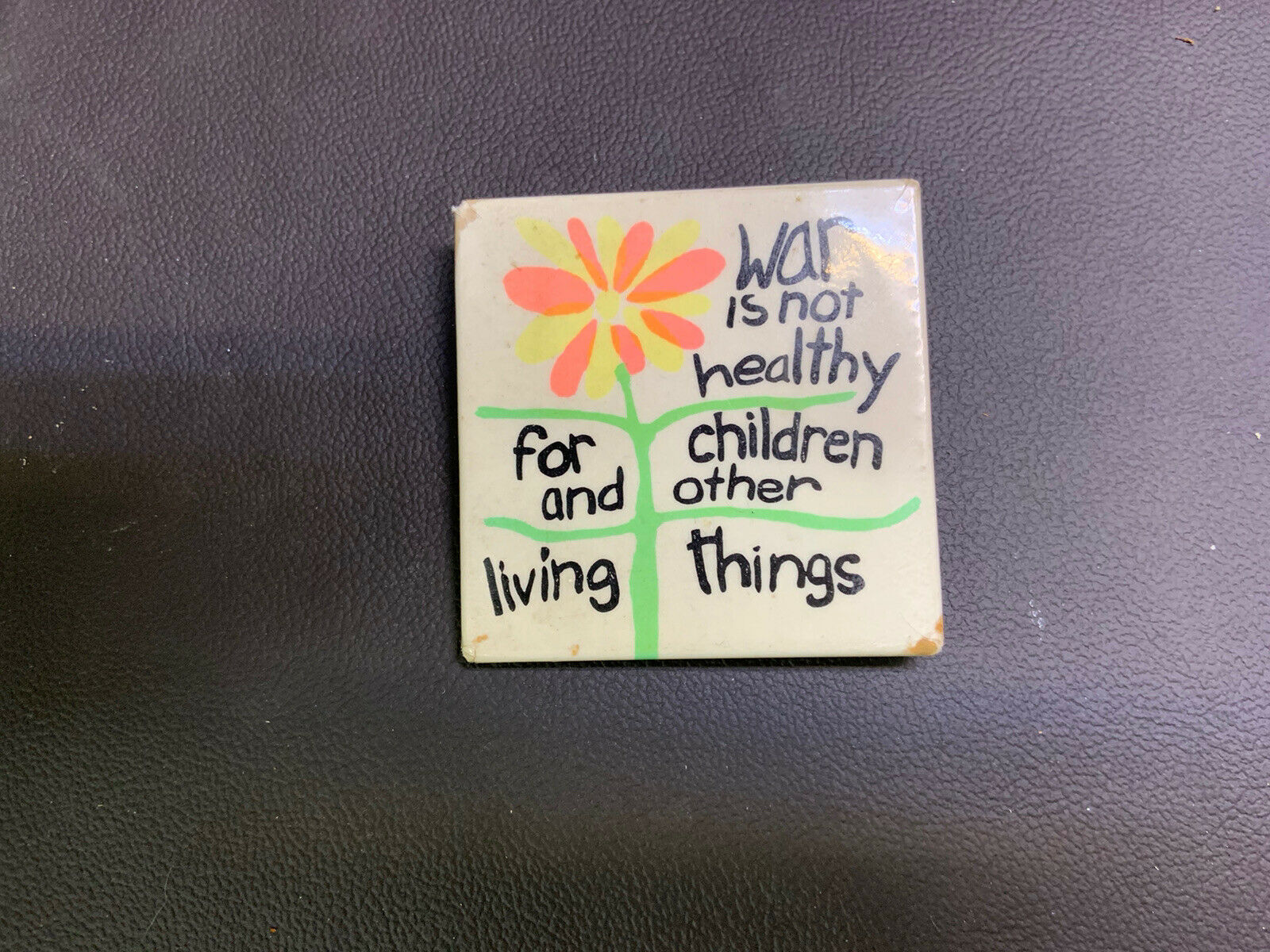-40%
Mid - Late 1970s Civil Rights Affirmative Action Reverse Bakke Protest Pin
$ 13.17
- Description
- Size Guide
Description
THIS LISTING BEGAN ON SEPTEMBER 20, 2021 ANDWILL END WITHIN 30 DAYS
,
ON OR BEFORE OCTOBER 20, 2021,
IF THE ITEM IS NOT SOLD
OFFERED FOR SALE IS THIS
1 1/2 INCH CELLULOID PINBACK BUTTON
IN WHAT I BELIEVE TO BE REALLY NICE SHAPE.
HOWEVER, THAT IS JUST MY OPINION. SEE PHOTOS FOR CONDITION, AND YOU BE THE JUDGE.
IF YOU HAVE ANY QUESTIONS, PLEASE CONTACT ME BEFORE BIDDING OR BUYING.
RETURNS ARE NOT ACCEPTED UNLESS THE ITEM IS NOT AS DESCRIBED OR SHOWN IN THE PHOTOS OR HAS SIGNIFICANT DAMAGE OR DEFECTS NOT VISIBLE IN THE PHOTOS OR OTHERWISE DESCRIBED.
GUARANTEED AUTHENTIC AND ORIGINAL AS DESCRIBED
.
Check out my other Political and Social Protest and Cause items! INCLUDING: 1972 SWP
sticker
with Capitalism fouls things up slogan.
This Pin was issued and sold circa 1975 - 1978 to raise funds and support for protests held on April 15 to overturn the court decision in
Bakke,
which eliminated or greatly restricted Affirmative Action.
The pin has great graphics of students with raised arms and clenched fists, and reads:
OVERTURN BAKKE APRIL 15 SAY NO TO RACISM.
Affirmative action
is intended to promote the opportunities of defined minority groups within a society to give them
equal access to that of the majority population
. The stated justification for affirmative action is to
help compensate for past discrimination,
persecution or exploitation by the ruling class of a culture,
and to address existing discrimination.
The term "
affirmative action
" was first used in the United States in "
Executive Order No. 10925
" signed by
President John F. Kennedy
on
6 March 1961
, which included a provision that government contractors "
take affirmative action to ensure
that applicants are employed, and employees are treated [fairly] during employment,
without regard to their race
, creed, color, or national origin".
It was also used to promote actions that achieve non-discrimination. In
1965, President Lyndon B. Johnson issued Executive Order 11246
which required government employers to "hire without regard to race, religion and national origin" and "
take affirmative action to ensure that applicants are employed and that employees are treated during employment, without regard to their race
, color, religion, sex or national origin."
In
Regents of the University of California v. Bakke
, 438 U.S. 265 (1978), the Supreme Court of the United States upheld affirmative action, allowing race to be one of several factors in college admission policy.
However
, the
court ruled that specific racial quotas
, such as the 16 out of 100 seats set aside for minority students by the University of California, Davis School of Medicine,
were impermissible
.
Although the Supreme Court had outlawed segregation in schools, and had even ordered school districts to take steps to assure integration, the question of the
legality of voluntary affirmative action programs
initiated by universities remained unresolved.
Proponents
deemed
such programs necessary to make up for past discrimination
, while opponents believed they were illegal and a violation of the Equal Protection Clause of the Fourteenth Amendment to the United States Constitution.
Allan P. Bakke, after twice being rejected by the University of California, Davis, he brought suit in state court in 1974 challenging the constitutionality of the school's affirmative action program. The California Supreme Court struck down the program as violating the rights of white applicants and ordered Bakke admitted.
This underground pinback button pin or badge relates to the Hippie (or Hippy ) Counterculture Movement of the psychedelic Sixties (1960s and Seventies (1970s). That movement included such themes and topics as peace, protest, civil rights, radical, socialist, communist, anarchist, union labor strikes, drugs, marijuana, pot, weed, lsd, acid, sds, iww, anti draft, anti war, anti rotc, welfare rights, poverty, equal rights, integration, gay, women's rights, black panthers, black power, left wing, liberal, etc. progressive political movement and is guaranteed to be genuine as described.
THIS IS
MY HOBBY AND IS NOT A BUSINESS
. THIS AND OTHER ITEMS I LIST ON EBAY ARE FROM MY PERSONAL COLLECTIONS AND WERE NOT INITIALLY ACQUIRED BY ME FOR RESALE. PROCEEDS GO TO BUY OTHER STUFF I AM INTERESTED IN COLLECTING AT THIS MOMENT, AND THEREBY AMOUNTING TO A TRADE OF ITEMS.
I HAVE BEEN A LONG TIME MEMBER OF
A. P. I .C. (AMERICAN POLITICAL ITEMS COLLECTORS)
. IF YOU ARE NOT A MEMBER, YOU SHOULD CONSIDER JOINING.
IT IS A GREAT ORGANIZATION!
SHIPPING:
ITEMS WILL BE SAFELY PACKED TO AVOID DAMAGE DURING SHIPPING. ITEMS ARE SHIPPED BY FIRST CLASS MAIL.
SHIPPING TO DESTINATIONS
WITHIN THE UNITED STATES
IS
.50
OUTSIDE THE UNITED STATES
, SHIPPING IS
.00
I WILL COMBINE SHIPPING CHARGES ON MULTIPLE ITEMS
. However, to get a reduced shipping rate on multiple purchases,
you must wait to pay until I send an invoice with reduced shipping charges
. You can also request one.
I cannot refund shipping costs in whole or in part once paid
. So
please wait to pay!
THANK YOU FOR YOUR INTEREST
The strategy and methods that the Deacons employed attracted the attention and concern of the Federal Bureau of Investigation (FBI), which authorized an investigation into the group’s activities. The investigation stalled, however, when more influential black power organizations such as US and the
Black Panther Party
emerged after the
1965 Watts Riot
. With public attention, and the attention of the FBI focused elsewhere, the Deacons lost most of their notoriety and slowly declined in influence. By 1968 they were all but extinct. In 2003 the activities of the Deacons was the subject of a 2003, “Deacons for Defense.” - See more at: HTTPS://www.blackpast.org/aah/deacons-defense-and-justice#sthash.s6D3h3ZZ.dpuf
On July 10, 1964, a group of African American men in Jonesboro,
Louisiana
led by Earnest “Chilly Willy” Thomas and Frederick Douglas Kirkpatrick founded the group known as The Deacons for Defense and Justice to protect members of the
Congress of Racial Equality (CORE)
against Ku Klux Klan violence. Most of the “Deacons” were veterans of
World War II
and the
Korean War
. The Jonesboro chapter organized its first affiliate chapter in nearby Bogalusa, Louisiana led by Charles Sims, A.Z. Young and Robert Hicks. Eventually they organized a third chapter in Louisiana. The Deacons tense confrontation with the Klan in Bogalusa was crucial in forcing the federal government to intervene on behalf of the local African American community. The national attention they garnered also persuaded state and national officials to initiate efforts to neutralize the Klan in that area of the Deep South.
The Deacons emerged as one of the first visible self-defense forces in the South and as such represented a new face of the
civil rights
movement. Traditional civil rights organizations remained silent on them or repudiated their activities. They were effective however in providing protection for local African Americans who sought to register to vote and for white and black civil rights workers in the area. The Deacons, for example, provided security for the 1966 March Against Fear from Memphis to Jackson,
Mississippi
. Moreover their presence in Southeastern Louisiana meant that the Klan would no longer be able to intimidate and terrorize local African Americans without challenge.
The strategy and methods that the Deacons employed attracted the attention and concern of the Federal Bureau of Investigation (FBI), which authorized an investigation into the group’s activities. The investigation stalled, however, when more influential black power organizations such as US and the
Black Panther Party
emerged after the
1965 Watts Riot
. With public attention, and the attention of the FBI focused elsewhere, the Deacons lost most of their notoriety and slowly declined in influence. By 1968 they were all but extinct. In 2003 the activities of the Deacons was the subject of a 2003, “Deacons for Defense.” - See more at: HTTPS://www.blackpast.org/aah/deacons-defense-and-justice#sthash.s6D3h3ZZ.dpuf
On July 10, 1964, a group of African American men in Jonesboro,
Louisiana
led by Earnest “Chilly Willy” Thomas and Frederick Douglas Kirkpatrick founded the group known as The Deacons for Defense and Justice to protect members of the
Congress of Racial Equality (CORE)
against Ku Klux Klan violence. Most of the “Deacons” were veterans of
World War II
and the
Korean War
. The Jonesboro chapter organized its first affiliate chapter in nearby Bogalusa, Louisiana led by Charles Sims, A.Z. Young and Robert Hicks. Eventually they organized a third chapter in Louisiana. The Deacons tense confrontation with the Klan in Bogalusa was crucial in forcing the federal government to intervene on behalf of the local African American community. The national attention they garnered also persuaded state and national officials to initiate efforts to neutralize the Klan in that area of the Deep South.
The Deacons emerged as one of the first visible self-defense forces in the South and as such represented a new face of the
civil rights
movement. Traditional civil rights organizations remained silent on them or repudiated their activities. They were effective however in providing protection for local African Americans who sought to register to vote and for white and black civil rights workers in the area. The Deacons, for example, provided security for the 1966 March Against Fear from Memphis to Jackson,
Mississippi
. Moreover their presence in Southeastern Louisiana meant that the Klan would no longer be able to intimidate and terrorize local African Americans without challenge.
The strategy and methods that the Deacons employed attracted the attention and concern of the Federal Bureau of Investigation (FBI), which authorized an investigation into the group’s activities. The investigation stalled, however, when more influential black power organizations such as US and the
Black Panther Party
emerged after the
1965 Watts Riot
. With public attention, and the attention of the FBI focused elsewhere, the Deacons lost most of their notoriety and slowly declined in influence. By 1968 they were all but extinct. In 2003 the activities of the Deacons was the subject of a 2003, “Deacons for Defense.” - See more at: HTTPS://www.blackpast.org/aah/deacons-defense-and-justice#sthash.s6D3h3ZZ.dpuf
On July 10, 1964, a group of African American men in Jonesboro,
Louisiana
led by Earnest “Chilly Willy” Thomas and Frederick Douglas Kirkpatrick founded the group known as The Deacons for Defense and Justice to protect members of the
Congress of Racial Equality (CORE)
against Ku Klux Klan violence. Most of the “Deacons” were veterans of
World War II
and the
Korean War
. The Jonesboro chapter organized its first affiliate chapter in nearby Bogalusa, Louisiana led by Charles Sims, A.Z. Young and Robert Hicks. Eventually they organized a third chapter in Louisiana. The Deacons tense confrontation with the Klan in Bogalusa was crucial in forcing the federal government to intervene on behalf of the local African American community. The national attention they garnered also persuaded state and national officials to initiate efforts to neutralize the Klan in that area of the Deep South. - See more at: HTTPS://www.blackpast.org/aah/deacons-defense-and-justice#sthash.s6D3h3ZZ.dpuf










